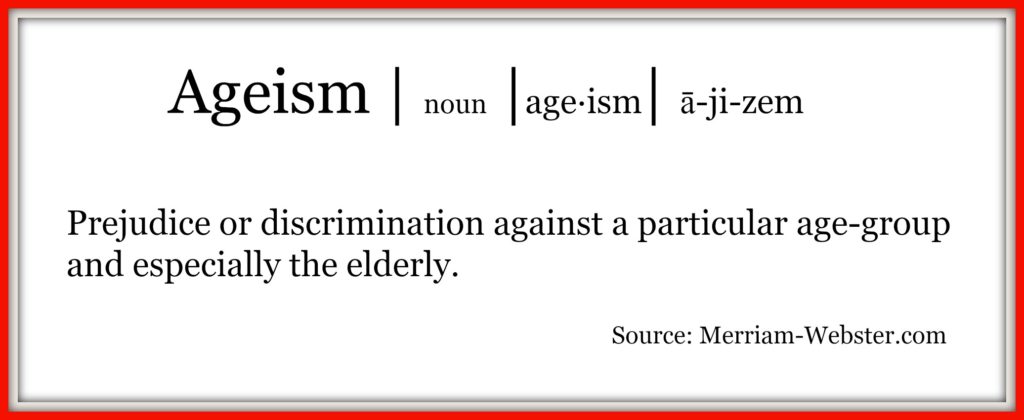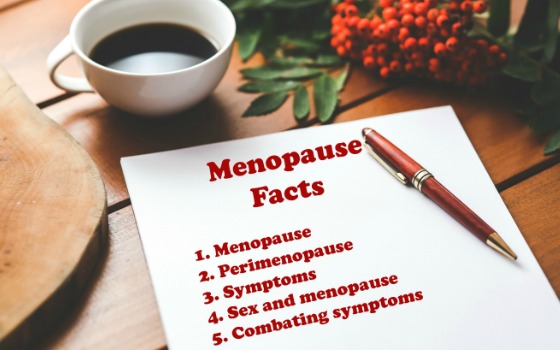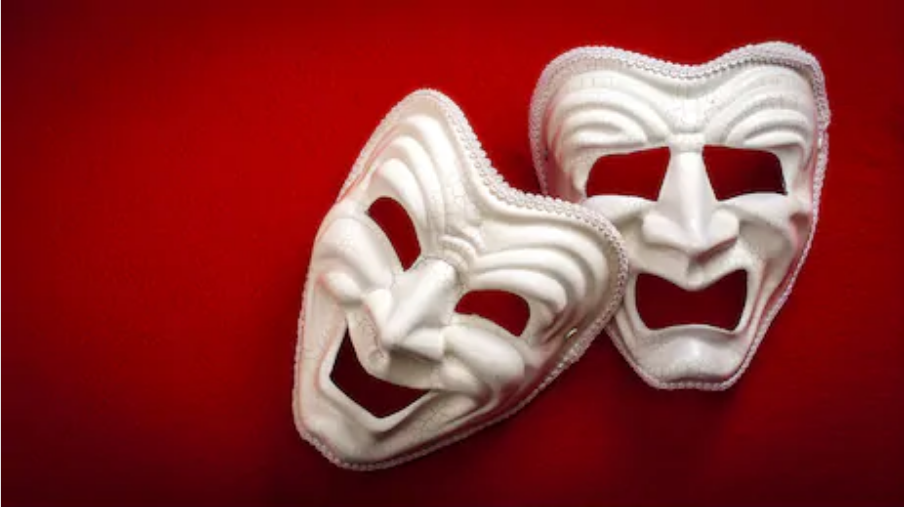I am fast approaching my 53rd birthday. Hurtling towards that day, July 11th, doesn’t frighten me. It doesn’t fill me with trepidations. It doesn’t make me want to curl up in a corner, suck my thumb, babble like an imbecile and shit on myself, all the while hoping, dreaming, wishing I could somehow revert back to a time when life was simpler, life was less chaotic and life was devoid of responsibility.
When I was a child, focusing on being a grown-up wasn’t part of my dynamic. I mean, I knew I had to grow up; I just didn’t give much thought to the idea of actually being a grown up. Back then, I enjoyed the youthful pleasures of childhood, like picking blackberries from the woods behind our house, riding my oversized red tricycle down the hill on Hylton Street and playing 1, 2, 3 Red Light! in the middle of the road on a balmy summer’s evening. Life was simple then, but times have changed.
Now, I’m an aging adult. That’s my reality and, for me, there’s no fear in that truth. There are, however, those (typically ones who are years younger…) who believe that I, my peers, and others 5, 10 or 15 years older than I am are in the final crippling stages of life. Viewing life through their eyes, you’d think we had one foot in the grave and the other on a banana peel. Cue ageism.

Aging individuals can often feel belittled and marginalized. We are but one in a number of groups (such as people of color, those with mental illness, gays and lesbians, women, etc.) who are seemingly relegated to the fringes of society. While some may disagree, it’s my thought that women experience marginalization more frequently than our male counterparts. Why? Well, 1) we’re women and, 2) we’re older. If you really want to stir the pot, for good measure toss in a minority such as myself (Black middle aged female—heavens to murgatroyd) and mayhem ensues.
Although many of us feel empowered as we age—we’re wiser, savvier, comfortable in the skin we’re in, and more certain about ourselves and the women we’ve become—we are nonetheless treated differently. Whether that treatment is subtle or overt, could it be that this is a generational rite of passage?
The devaluing of aging people can be humiliating and angering to those on the receiving end. If it happens to us in our 50s or 60s, what will life be like into our 70s, 80s and, if we’re blessed to live that long, our 90s? Will we become invisible? Will our lucidity be called into question? Will our competencies become a thing of the past?
Well . . . that’s what they think.
We’re living in the best times of our lives and we’re living longer now than previous generations. And throughout all of these years, not only do we want to be respected, we also want to feel needed and lead a purpose-filled life. That’s not being cantankerous; that’s part of our hardwiring as human beings.
So how do we handle ageism and show resilience in the face of this adversity?
Fighting Ageism
Conquest No. 1
We can begin to triumph over ageism by bucking the notions of age-related stereotypes (as they pertain to midlife), such as:
- We’re envious of the younger generation
- All work and no play
- It’s all downhill from here
- A midlife crisis is inevitable
- Midlife people suffer from more stress
Conquest No. 2
We can also resist being complicit in acts of ageism ourselves. Let’s not diminish the value of those a decade or two (or three) older than ourselves with terms like “frail,” “decrepit,” or even “old.”
Conquest No. 3
It’s unfortunate that our culture covets youth and devalues the aging. However, embracing the aging process carries a lot of weight in your thought process and how you perceive getting older. How many times have you said or thought, “I feel ten years younger than my age”? Promoting a positive self-image by maintaining a younger age identity doesn’t mean you wish you were younger (unlike the character, Liza, from the TV Land show, Younger, where a 40-year old woman masquerades as a 26-year old); you’re simply stating how you feel.
The long and short of it is this: Aging is not and should not be a shameful act. The old adage still holds true:

Have you been the victim of ageism? If so, how did you handle it? Let’s discuss it in the comments below.





Hmm, very interesting. Strange to know there is prejudice against aging, when there isn’t a person who can avoid it. It’s not like a ethnicity, nor is it relegated to a certain part of the population. It happens to us all. Whether or not I’ve been a victim to it….probably so, but I can care less. I’m comfortable in my own skin.
You said it, Glenda. Our comfort is our shield. Others can see it and know when we’re just fine with who we are.
Glenda makes such a good point (on top of all of yours, Valerie!)–that aging happens to us all (if we’re lucky), so what’s the point of discriminating? There are so many advantages to being older, and demonstrating that sense of ease in our own skin, pursuing what makes us happy, and not worrying about what others think of us will go a long way (I hope) in convincing those who are coming up behind us that it’s not at all “bad.”
I did have a recent encounter with a snotty little 20-something queen who didn’t think people over 50 should go to the Coachella Music Festival. At first I challenged his position (some of the musicians are older than that!), then decided not to waste any more of my energy. He’ll be that age before he knows it!
Great post.
Thank you for your insight, Roxanne. And you’re spot on when you speak to those who would follow in our footsteps. Aging truly IS a part of life. Perhaps it is the ‘what goes around comes around’ scenario, and those who poke fun at ‘older’ individuals will be the ones poked at when they age.
As glenda puts it, being comfortable in your own skin helps. So does a smile on your face. Sounds like a cliche, but it’s nonetheless true: a welcoming expression–body language as well as facial–puts people at ease and more accepting of whoever you are.
You know, that’s so true. Body language speaks volumes…sometimes more than mere words. Thanks for joining the discussion!
This says it all, “Although many of us feel empowered as we age—we’re wiser, savvier, comfortable in the skin we’re in, and more certain about ourselves and the women we’ve become—we are nonetheless treated differently.”
I’m not the least bit ashamed to say that I’ll turn 62 in August. I fought hard to get here and I intend to have fun on the journey. I do occasionally face ageist thoughts and statements but I tend to ignore them. Though lately, after reading This Chair Rocks: A Manifesto Against Aging, I think I may start to gently let people know when they’re using ageist ideas and language.
I think we live our lives while embracing our age and that is, in and of itself, a powerful example!
Walker, I like your views on having fought to get to the age you’re at and having fun on the journey. Every time I hear of a midlife-and-beyond woman who has embarked on a new quest, a new idea, coming out of her shell … it’s confirmation that midlife women are not about to sit down and do nothing! Thanks for joining the conversation, Walker.
Thank You for Your Blog…….I just found it today & so far I am Loving it…….I am bound & determined that I am not going to live an Invisible Life…..Thank YOU!!
That’s wonderful, Deb! You go on, girl, and fight that good fight! 😉 As midlife women, we embrace ourselves and live a life that’s far from invisible.